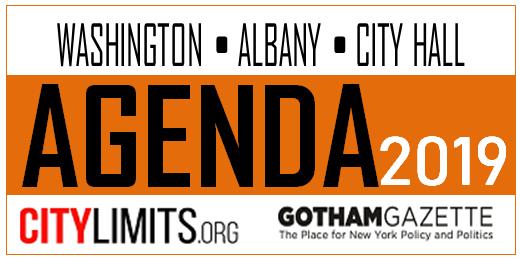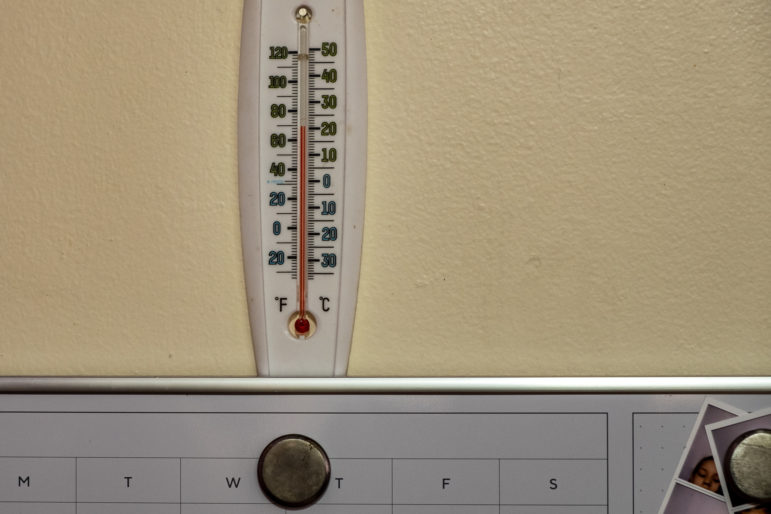
Adi Talwar
Critics of the act have warned it could have a devastating impact on already struggling hospitals. But proponents counter that hospitals' current struggles are yet another indicator of how desperately change is needed.
New York State has done mighty things. The Erie Canal. The New York City water system. The state university. The metropolitan transportation system. Marriage equality. None were easy, and most weren’t cheap. But it’s fair to say that they would all be dwarfed by the cost and complexity of creating a single-payer health system for the fourth-largest state in the country, with 18 million people.
The proposal to do just that, called the New York Health Act, stands its best chance of becoming reality since it was first introduced in 1992, now that Democrats who support the measure have taken control of the state Senate. Intended to address administrative inefficiencies, the rising cost burden on many families that have insurance and the 1.1 million people who still lack insurance in New York State, the plan would eliminate private insurance in favor of a system without premiums, co-pays or deductibles, and with no gatekeepers, funded through taxes on employers and progressive income taxes. It would require at least $139 billion in new taxes a year.
As with every effort to change the healthcare system, from Harry Truman to Medicare to HillaryCare to Obamacare, resistence is mounting – not just from insurance companies and market-oriented think tanks but also public-sector unions who worry that single-payer will be worse than the healthcare deal they have won through collective bargaining.
On Max & Murphy this Wednesday, Sen. Gustavo Rivera, a Bronx Democrat who is sponsor of the New York Health Act in the Senate and was just named chair of the Senate Health Committee for next year, and Bill Hammond, director of health policy for the Empire Center for State Policy, discuss the pros and cons of the plan and the political landscape it faces.
Rivera expressed guarded optimism about the bill’s chances. “This bill is about transforming, in a fundamental way, the way we do healthcare in New York State,” he said. “That is not a simple thing. That is not something you do overnight.” He said he and Assembly sponsor Dick Gottfried intended to hold hearings around the state to hear from stakeholders about the bill. But one voice will speak loudest: Gov. Cuomo’s. He’s expressed sympathy with the law but doubts about feasibility, and Rivera said he’d not try to advance a bill that the governor would not sign.
For Hammond, the scale of the undertaking was not a reason to go slow but rather to stop altogether. “I don’t think people realize how disruptive this will be,” he said. The bill will change how health coverage is provided to most New Yorkers (from private to public insurance), how it is paid for (via taxes rather than premiums) and the amounts that providers like doctors and hospitals get.
Listen below to their interviews and the full show for some deep insight on a debate likely to play out in 2019:
Sen. Gustavo Rivera
Bill Hammond
Full show









